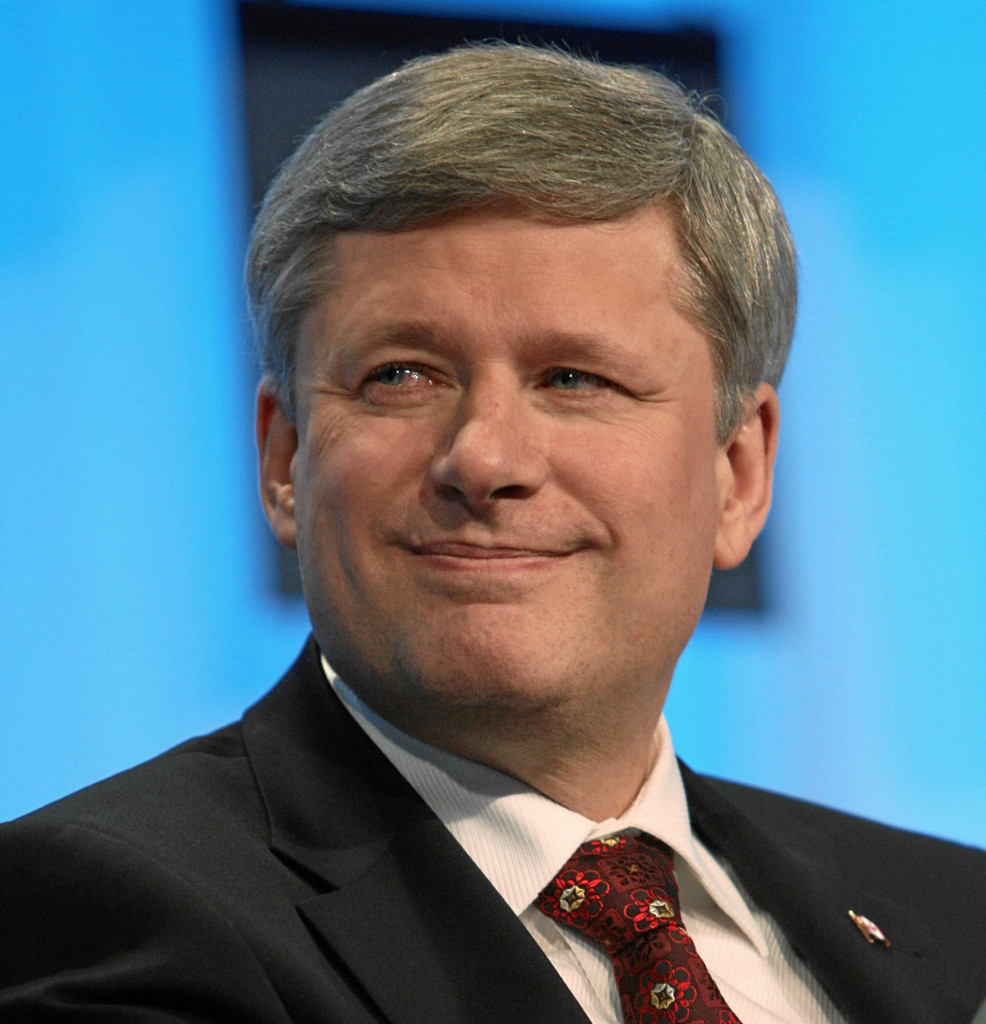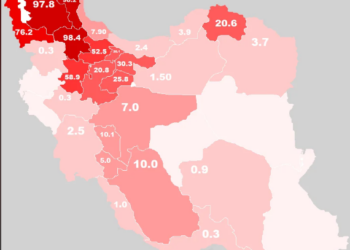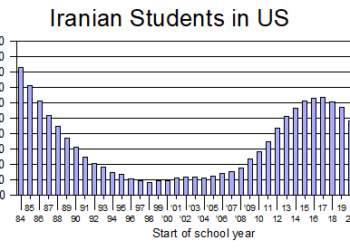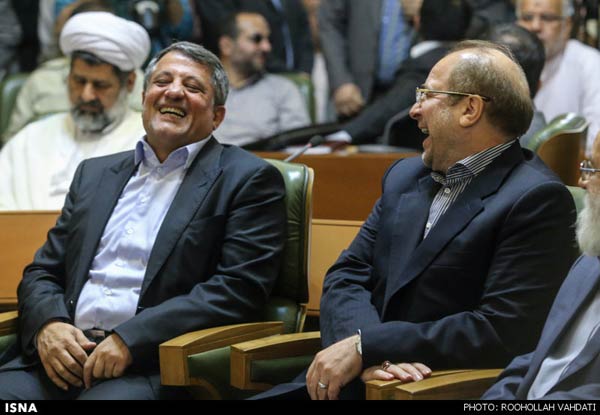
September 13-2013
The Canadian government planned the closure of its embassy in Tehran last year very secretly for fear the Iranian might take some Canadians hostage if they got advance word the embassy was being shut and relations severed, the Canadian Broadcasting Corp. (CBC) reported in an hour-long news special last week.
The fear might impress many as being exaggerated or even absurd. But it serves to demonstrate just how little trust the Islamic Republic enjoys in many corners of the world.
CBC News described Canada’s exit from Iran as “a cloak-and-dagger tale, with a heavy cloak over the plan to sneak the diplomats out unnoticed — and a sharp dagger through the hard drives they left behind.”
The hard drives contained information on the identity of Iranian contacts. “Even an innocent visa application could attract suspicion in the eyes of the Iranian secret police,” CBC News said.

A former officer of the Canadian Security Intelligence Service (CSIS), Ray Boisvert, told CBC News the diplomats had to “physically destroy any hardware that contains any data.” Typically, that could be done with a hammer — or, even better, a drill.
“Be it CDs, be it thumb drives, hard drives — everything has to be physically destroyed, because erasing does not work. There are always ways to recoup information.”
Anonymous sources told CBC the hard drives were smashed discreetly — on the weekend, so local embassy staff wouldn’t notice. And Canada’s eight diplomats booked separate flights to different destinations, so as not to attract attention.
In Ottawa, national security adviser Stephen Rigby, in the Prime Minister’s Office, and Mark Bailey, at Foreign Affairs Ministry, watched the plan unfold. No announcement was made until Prime Minister Stephen Harper got the call saying all the diplomats were out of Iran.
Harper got that call en route to a meeting in Vladivostok, Russia. A few minutes after midnight there, Foreign Minister John Baird broke the news: Canada had already shuttered its embassy and was cutting off diplomatic relations with Iran — whose diplomats were being kicked out of Canada forthwith.
But there was a snag on the Ottawa end. How can someone be kicked out if he doesn’t know about it? Officials tried repeatedly to reach Iran’s charge d’affaires, Kambiz Sheikh-Hassani, on his cellphone to give him the news. But he didn’t pick up the phone.
Finally, they sent a staffer to the Iranian Embassy and stuck a notice on the door telling the diplomats they had five days to get out. Sheikh-Hassani protested to the media that this was “uncivilized.”
Last week, Baird explained one reason for all the secrecy. “Frankly, we didn’t want them to discover what our actions would be and then try to expel us before we could expel them.”
But it wasn’t just a game of one-upsmanship. Canadian officials insisted that lives were in the balance. Baird told reporters last Thursday, “We had substantial concerns about the security and the safety of our staff.”
Boisvert, the former CSIS officer, said that makes sense, given the history.
“People would have been used, perhaps, as pawns. And, if the Iranian regime would have been made aware of the event in advance, they perhaps would have gone and — as they’ve done in the past — seized diplomats and others to further their interests.”
Not everyone thinks that’s plausible.
“That circumstance certainly didn’t present itself to me when I was the Canadian ambassador to Iran,” said the last man to hold that job, John Mundy.
“We had a very troubled relationship with the Iranian government, but we felt, for the most part, we felt physically safe in the country despite the fact that relations were not only bad but getting worse.”
Mundy, now retired, was booted out of Iran during another diplomatic low point in 2007. Both countries then downgraded their embassies to be run by charges d’affaires. Still, Mundy told CBC News, the Liberal Party government back then did the right thing by keeping the embassy open while Harper’s Conservative Party government blundered this time by closing it completely.
“We have for all intents and purposes burned our bridges” to Iran, Mundy told CBC.
“We’ve said further dialogue with Iran is pointless. So, it’s fair to ask your own government, if you think talking to Iran is pointless, how then do you see a resolution of the nuclear issue without actual confrontation?”
“With Britain gone, with the United States gone for decades from Iran, the diplomatic reporting that Canadian diplomats undertook in Iran was valuable both to the Canadian government Ö and to our closest friends and allies, like Britain and the United States.”
Canadian officials said at the time that the diplomats in Iran had little access to Iranian officialdom and thus were unable to accomplish much of use.
The Foreign Ministry was also under pressure to cut expenditures and was closing missions abroad. Some observers thought that budget pressure was a key reason for shutting an embassy that could produce little that mattered.
At the time of the closure last year, Baird said the decision was a response to the Islamic Republic’s military support for the Syrian regime, the “military dimension” of its nuclear program, “anti-Semitic racist rhetoric,” human rights abuses, support for terrorists and failure to safeguard foreign embassies. “Canada views the government of Iran as the most significant threat to global peace and security in the world today,” he said then.
In Tehran, the reaction last year to Canada’s severing of relations was met with harsh words for Prime Minister Harper.
“The current government of Canada under the leadership of Mr. Stephen Harper is known for extreme policies in the domain of foreign policy,” then Foreign Ministry spokesman Ramin Mehman-Parast said.
“The hostile behavior of the current racist government in Canada in reality follows the policies dictated by the Zionists and the British.”
Sheikh-Hassani also blamed “outside governments and entities” for influencing the decision.
He said he was given no prior warning of the closure and not provided with any evidence to justify what he called an “unwise, uncivilized, hostile” action.
“I think our major guilt here was to provide a quality service to the Iranian community, making their relationship with the country excellent,” he said, implying that the severing of relations was a personal attack on his skills.




















